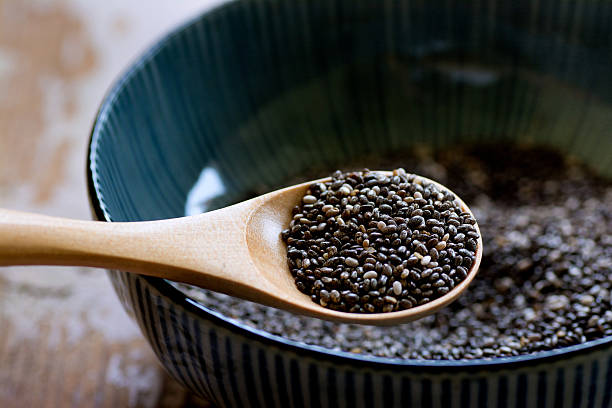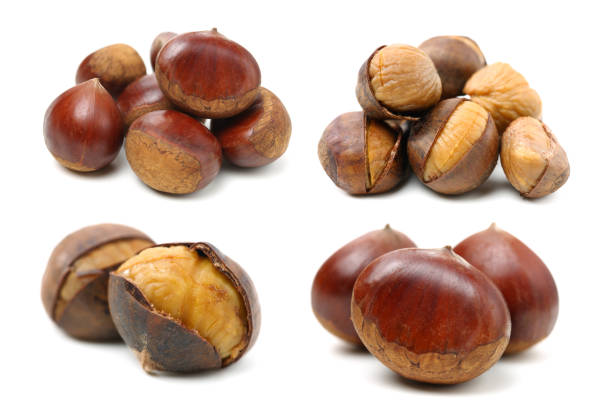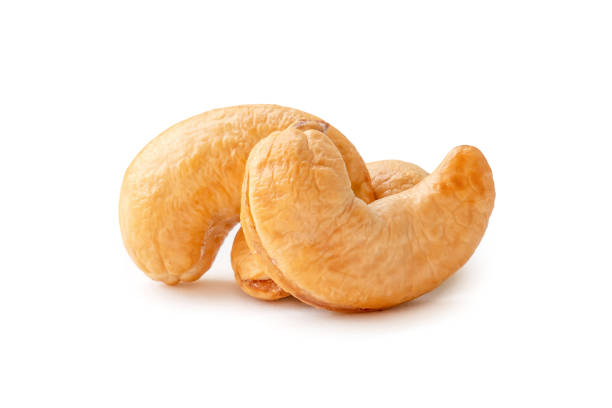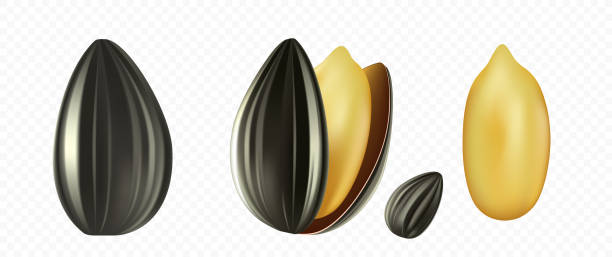Chia seeds, once a staple food of ancient civilizations like the Aztecs and Mayans, have regained popularity in recent years due to their impressive nutritional profile and numerous health benefits. These tiny seeds pack a powerful punch of essential nutrients, making them a valuable addition to any diet.
One of the key nutritional components of chia seeds is their high content of omega-3 fatty acids, specifically alpha-linolenic acid (ALA). Omega-3 fatty acids are essential fats that play a crucial role in supporting heart health by reducing inflammation, improving cholesterol levels, and lowering the risk of cardiovascular disease. Incorporating chia seeds into one’s diet provides a plant-based source of omega-3 fatty acids, particularly beneficial for individuals following vegetarian or vegan lifestyles.

Moreover, chia seeds are rich in dietary fiber, both soluble and insoluble. Just a single ounce of chia seeds provides a significant portion of the recommended daily intake of fiber. This fiber content aids in digestion, promotes regular bowel movements, and helps regulate blood sugar levels. Including chia seeds in one’s diet can contribute to satiety, making it easier to manage weight and maintain a healthy digestive system.
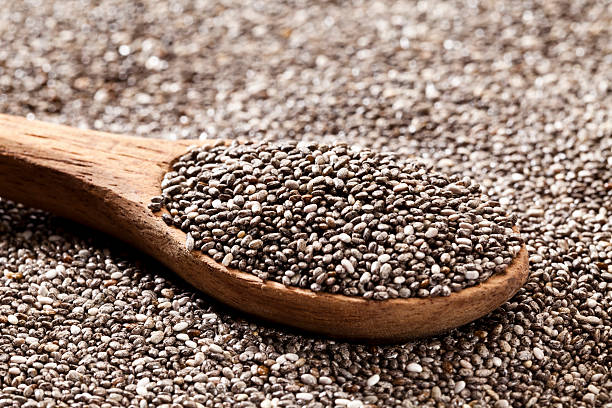
Additionally, chia seeds are an excellent source of plant-based protein, containing all nine essential amino acids necessary for muscle repair and growth. This makes them a valuable protein source, particularly for individuals looking to increase their protein intake without relying on animal products. The protein in chia seeds supports muscle health, immune function, and hormone production.
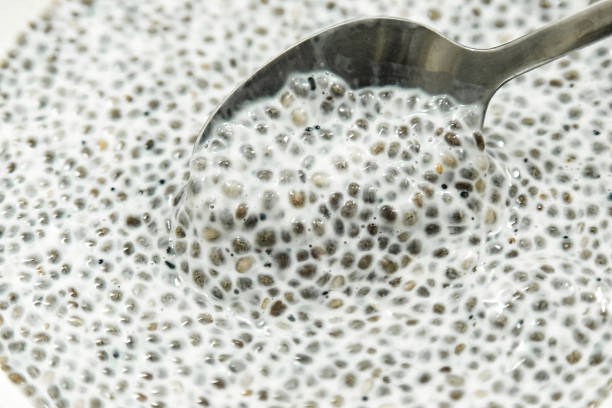
Furthermore, chia seeds are packed with vitamins and minerals, including calcium, magnesium, phosphorus, and manganese. Calcium is crucial for bone health and muscle function, while magnesium supports nerve and muscle function and regulates blood pressure. Phosphorus is essential for energy metabolism, and manganese acts as an antioxidant, protecting cells from damage caused by free radicals.
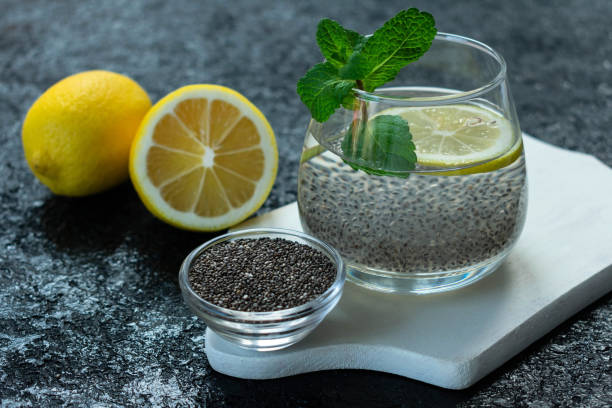
In addition to their nutritional content, chia seeds are rich in antioxidants, including flavonoids and phenolic compounds. These antioxidants help reduce oxidative stress in the body, combat inflammation, and may reduce the risk of chronic diseases such as heart disease, cancer, and diabetes. The inclusion of antioxidant-rich foods like chia seeds in a balanced diet contributes to overall health and well-being.
Furthermore, chia seeds are incredibly versatile and easy to incorporate into meals and snacks. They can be sprinkled over yogurt or oatmeal, added to smoothies or baked goods, or used as a thickening agent in puddings and sauces. This versatility makes it convenient to enjoy the nutritional benefits of chia seeds in various culinary creations.
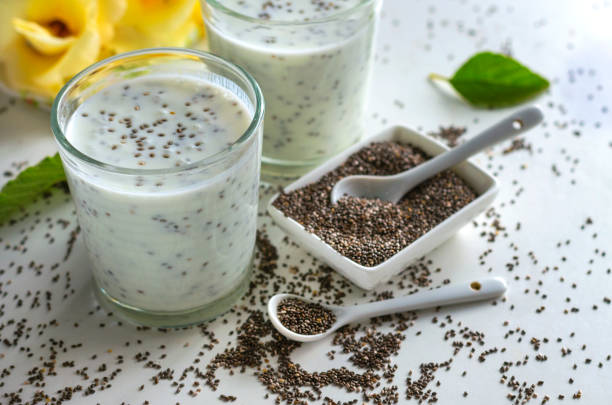
In conclusion, chia seeds are a nutritional powerhouse packed with essential nutrients, including omega-3 fatty acids, fiber, protein, vitamins, minerals, and antioxidants. Their impressive nutritional profile and versatility make them a valuable addition to any diet, supporting overall health and well-being. Including chia seeds as part of a balanced diet provides numerous health benefits and adds texture and flavor to a wide range of dishes.

